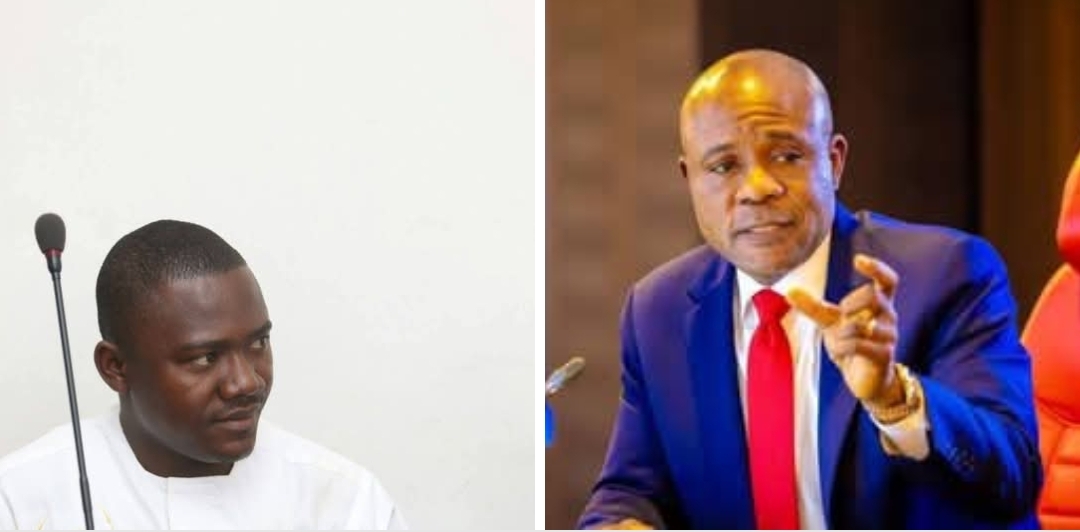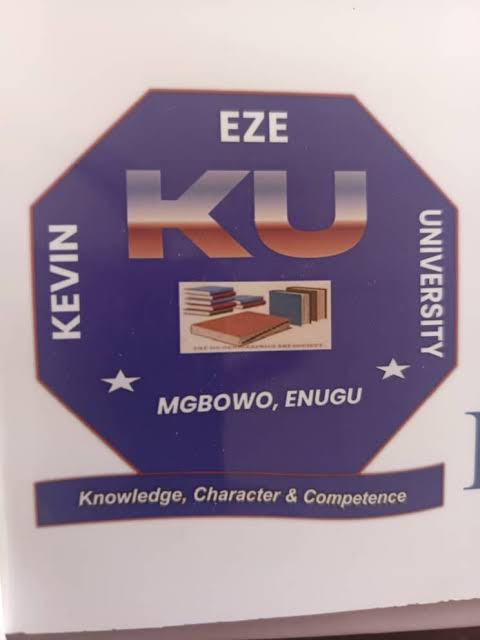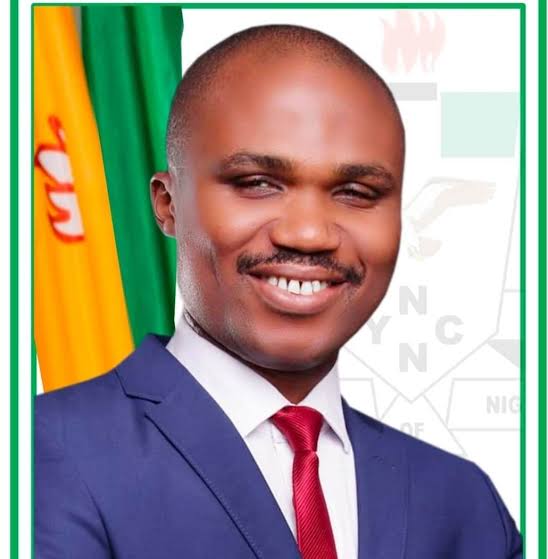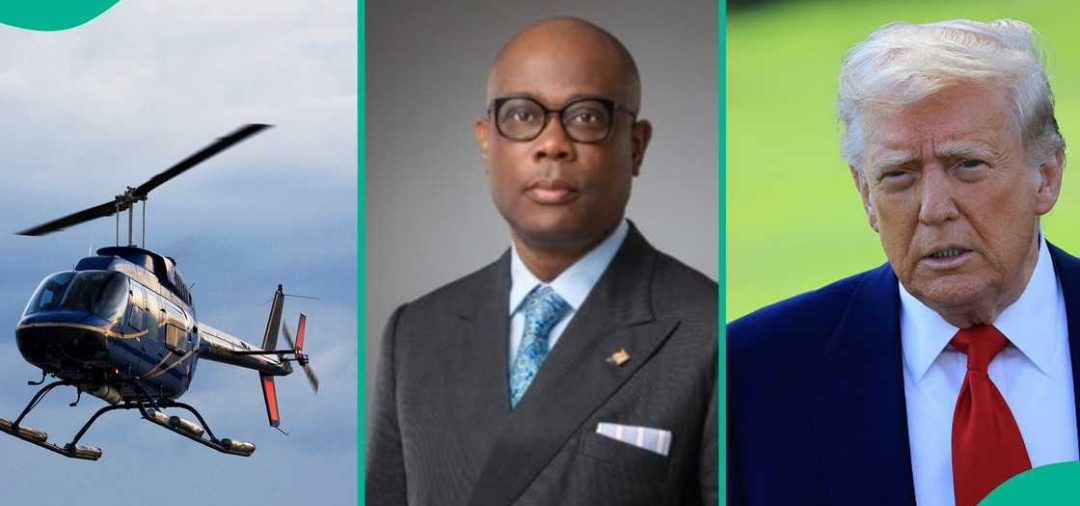 In an age when impunity has married itself to governance in the country, the Executive Governor of Enugu State Ifeanyi Ugwuanyi has ensured that his administration remains accountable to the people and audits his performance, using the voice of the electorate as his gauge and creating essential links between the civil society and the government and fostering decision-making for public interests.
In an age when impunity has married itself to governance in the country, the Executive Governor of Enugu State Ifeanyi Ugwuanyi has ensured that his administration remains accountable to the people and audits his performance, using the voice of the electorate as his gauge and creating essential links between the civil society and the government and fostering decision-making for public interests.
While it is almost a wonder to watch how he has galvanised the state in his time, it is commendable to watch how he has catalysed development in the state – using all the indices of development as parameters.
It is understandable that Ugwuanyi has enjoyed a lot of goodwill, with the likes of Ooni of Ife, His Imperial Majesty, Oba Adeyeye Enitan Ogunlusi, Ojaja II, extolling his leadership qualities and his prudent management of public resources. His health interventions or the increasing internally generated revenue (IGR) status which enables the state to pay salaries of workers uninterruptedly, with or without the federal allocation.
Former President Goodluck Jonathan once expressed delight at the uncommon leadership style of Ugwuanyi in fostering peace and unity among the political class in the state, irrespective of party differences; just as former Abia State governor, Dr Orji Uzor Kalu expressed delight at the level of friendship and cordiality which Ugwuanyi has maintained with political leaders across board. In Kalu’s opinion, such uncommon leadership style has “brought peace and development to Enugu State”.
One thing which Ugwuanyi’s administration has wittingly done is fusing various aspects of the immediate society to bring about a safer environment.
Ugwuanyi has invested a lot in peace, by making resources available and creating the right environment. The General Officer Commanding (G O C) 82 Division of the Nigerian Army in Enugu, Brigadier-General Lasisi Adegboye, specifically stated that the administration in the state has invested heavily in the security architecture of the state. This move has left the military garrison in the state armed and ready.
Besides his support for the security apparatus in the state, the establishment and equipping of the Enugu State Forest Guards, the Neighborhood Watch groups are all steps towards securing the state.
After seeing to the military, police and grassroots protection outfits, Ugwuanyi has moved onto another component of peace; social security. This he has done by ensuring the vulnerable are not left out but are carried along in every way, by domesticating the Child Rights & Responsibility Act in the State and further established family courts and rehabilitation homes for vulnerable women. Legislation geared towards making the State Security Trust Fund – to provide adequate resources for maintenance of security of lives and property – will re-enforce social security in the state.
The Ugwuanyi administration has also engineered legacy protection by ensuring the construction, renovation and equipping of over 1000 classroom blocks and other school facilities across the 17 LGAs in Enugu State under the Enugu State Universal Basic Education Board (ENSUBEB). More interesting is the fact that the state, through its SUBEB, has paid all its counterpart funding for two different projects phases.
In the long run, these moves will go on to make the state safer, as they are the actual building blocks for a better environment. The need for peace can never be overemphasised, with the nation in need of this like never before. It is both glad and disheartening that the peace which eludes the nation is being cultivated and built to last in Enugu.
Another factor which has put the Ugwuanyi administration in the state on a pedestal is its accountability. To buttress this, recently, the Institute of Chartered Accountants of Nigeria (ICAN) ranking of states of the federation based on degrees of financial accountability – 2019 Accountability Index (ICAN- A1) – for 2019 saw Enugu finish second (58.2 per cent) behind Kaduna (72.7 per cent).
While this will not surprise many who have come to know the governor as a man of peace and straightness, it does put the state on the map again and makes her an inspiration to other states in the southeast.
Ugwuanyi and the persons who have made up part of his team are no accidental success. From the inception of his administration in 2015, their understanding of the enormous financial challenges before them was clear. Faced with the recessed economy and dwindling government revenue, Ugwuanyi quickly brought to bear his managerial acumen and financial wizardry by instilling fiscal discipline, due process, prudence, accountability, reforms and transparency in his government’s handling and managing of the state finances.
While other states harassed petty traders who barely made enough to get by with their families to pay taxes, Ugwuanyi granted them tax waivers and set them free from the stranglehold of over-zealous local government tax collectors.
Prior to his administration’s time in office, the IGR in the state was looked upon as a personal purse; open to diversion, looting and systemic corruption. Gradually, it was systemically and electronically repositioned, streamlined and strengthened to serve the main purpose of generating revenue for the government. All kinds of illegal and double taxation and harassment of residents over tax collections and payments ceased.
According to the president of the ICAN, Dame Onome Adewuyi, the results were digitally collected and monitored; and, no, there was no voting.
“The outbreak of the pandemic, with its great toll on public finances, has made it even more urgent for countries to develop a more robust assessment framework for their Public Financial Management systems.
“The need for an effective and efficient PFM system is also underscored by the Sustainable Development Goal (SDG) Number Sixteen (SDG 16) that emphasises Peace, Justice and Strong Institutions. Achieving these three global desires by the year 2030 as envisaged, requires a dogged commitment accountability and transparency in governance.
“Sequel to the launching of the ICAN-AI in 2017, the institute set up a star-studded Steering Committee consisting of members with proven integrity and first-hand knowledge of Nigeria’s public sector governance. The membership of the Steering Committee was painstakingly selected to comprise Chartered Accountants who have served in the capacity as Accountant-General, Auditor-General, Commissioner for Finance, and Academicians with high pedigrees for seminal research in public sector governance and technology-proficient members who assisted in automating the ICAN-AI, in formulating the ICAN-AI Framework and automating its processes, thereby significantly reducing human interference and errors in the generating the results of the ICAN-AI Index,” she said.
At a time when Nigeria needs accountability, security, strong institutions, systematic development and a number of other things which make governance people-friendly, the Enugu State government under Ugwuanyi, is basking in its astute leadership and doing all it can to entrench a system for now and the future – through leadership by inclusion.










